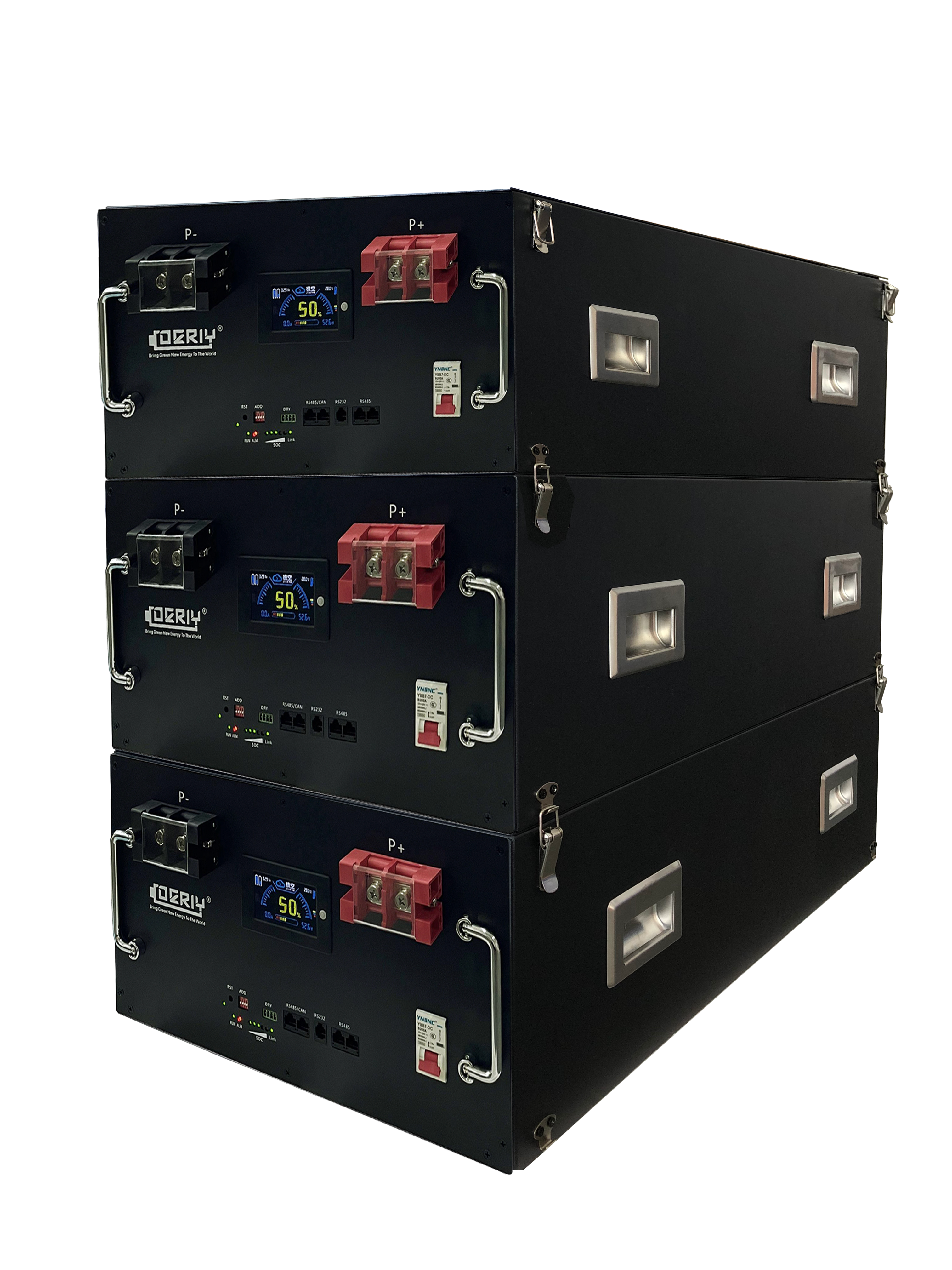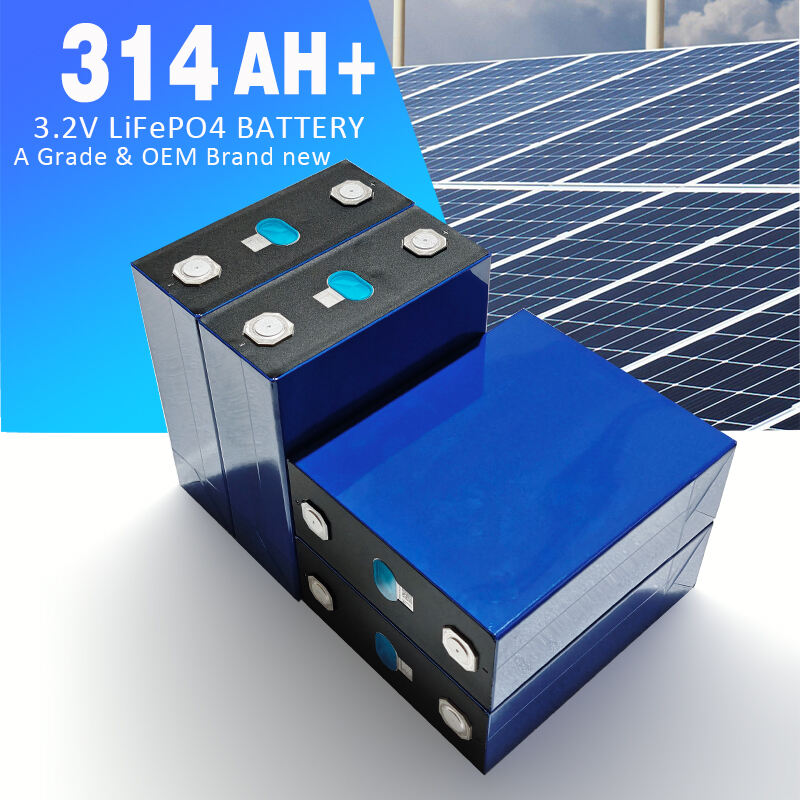Lithium - ion Battery
Lithium - ion battery is a type of battery that uses lithium - ion migration between the positive and negative electrodes to realize charge and discharge. It features high energy density, long cycle life, and low self - discharge rate, and is widely applied in mobile phones, laptops, electric vehicles, and energy storage systems, providing power for various electronic devices and systems.
Get A Quote

